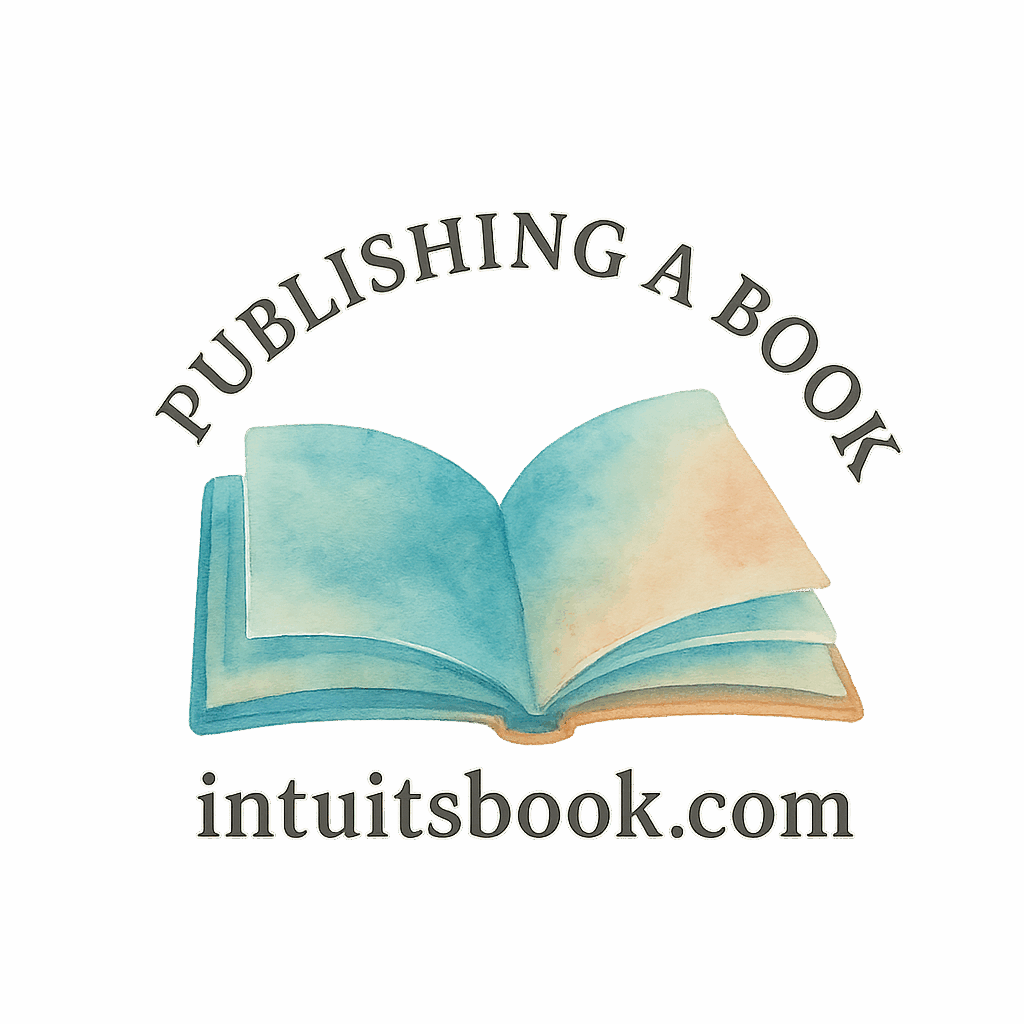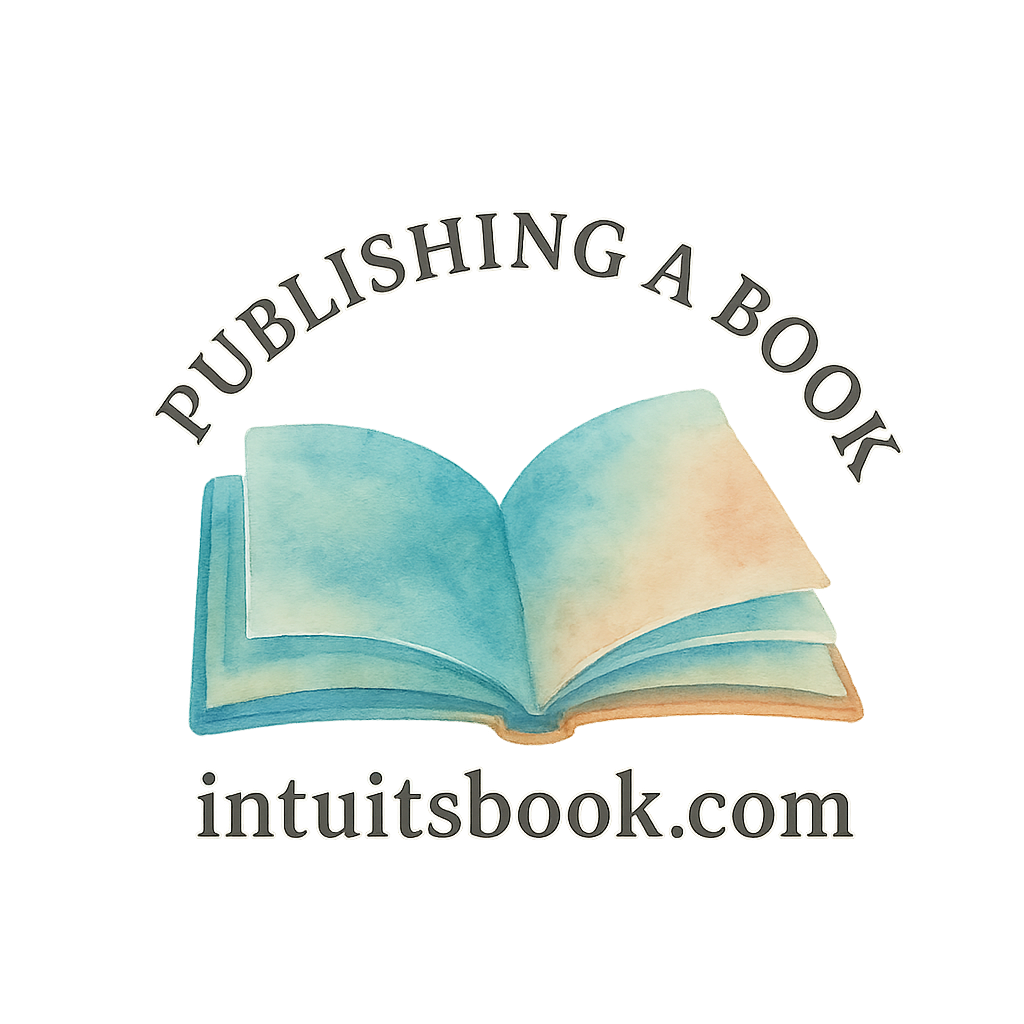Introduction: Why Book Marketing Matters for Self-Published Authors
So, you’ve written your first book and decided to go the self-publishing route—congratulations! 🎉 But here’s the truth: hitting “publish” isn’t the finish line. It’s just the starting point. Without marketing, even the most brilliant books can sit quietly on digital shelves, collecting virtual dust. The good news? You don’t need a huge budget or a fancy publishing deal to market your book effectively. With the right self-publishing book marketing strategies, you can reach readers, grow your audience, and start making sales.
Understanding the Basics of Self-Publishing
Before we dive into strategies, let’s quickly lay the groundwork.
Self-Publishing vs Traditional Publishing
Traditional publishing has its perks, but it’s also competitive and time-consuming. Self-publishing, on the other hand, gives you creative control, higher royalty rates, and speed to market. Platforms like Amazon Kindle Direct Publishing (KDP) have made it easier than ever to publish a book. Curious about the differences? Check out more insights here: Traditional Publishing vs Self-Publishing.
Why Marketing Is Critical for Independent Authors
Being an independent author means you’re also the CEO of your book. You can’t just rely on luck—marketing ensures your book actually finds readers. Whether it’s book promotion or clever publishing hacks, you need a plan.
Strategy 1: Build Your Author Brand Early
Crafting a Memorable Author Identity
Think of your author brand as your book’s personality. Are you the witty romance writer? The gritty thriller creator? The inspirational non-fiction guide? Define your voice, style, and values early—it’ll help readers connect with you.
Using Social Media to Strengthen Your Presence
Your readers hang out online, so you should too. Share behind-the-scenes writing updates, celebrate milestones, or even post memes related to your genre. Social media isn’t just about selling; it’s about building relationships.
Strategy 2: Optimize Your Book Metadata
Keywords and Categories That Work
Metadata is like your book’s GPS—it helps readers find it. Choosing the right book publishing keywords and categories on Amazon can make or break your visibility. Tools like Publisher Rocket can help you find the sweet spot.
Writing an Irresistible Book Description
Your blurb is your sales pitch. Keep it short, emotional, and benefit-driven. Don’t just describe your book—make readers feel they need it.
Strategy 3: Leverage Author Website and Blog
Why Every Author Needs a Website
Your author website is your online home base. Readers, agents, and reviewers will look for it. Add pages about your author career, book details, and contact information. Start simple, then grow.
Blogging for Traffic and Authority
Blogging isn’t dead. Write about your writing process, share writing tips, or discuss your journey as a new author. Over time, these posts attract organic traffic and potential readers.

Strategy 4: Collect and Nurture an Email List
Offering Freebies to Grow Subscribers
A free short story, sample chapters, or a reader’s guide can entice people to join your email list. Think of it as trading value for attention.
Engaging Readers Through Newsletters
Email marketing lets you talk directly to your fans. Share exclusive updates, promotions, or fun behind-the-scenes content. It’s like a VIP club for your readers.
Strategy 5: Tap into Book Reviews
How to Get Reviews Ethically
Ask your early readers for honest reviews. You can also connect with book bloggers or join review groups. Never pay for fake reviews—it damages your credibility.
Using Reviews for Social Proof
Once you get reviews, showcase them everywhere: your website, social media, and book pages. Reviews help undecided readers trust your work.
Strategy 6: Social Media Marketing for Authors
Choosing the Right Platform for Your Genre
Romance authors might thrive on TikTok, while non-fiction authors could do better on LinkedIn. The key is to find where your readers hang out.
Engaging Content Ideas for Authors
Try Q&A sessions, book trailers, character introductions, or even polls. The goal? Keep the conversation going.
Strategy 7: Run Book Promotions and Discounts
Limited-Time Offers to Boost Sales
Scarcity works. Announcing a “3-day only” discount can spike your sales and push your book up the rankings.
Free vs Paid Promotions
Offering your book for free for a short time can increase visibility. Pair it with free marketing tactics to maximize reach.
Strategy 8: Collaborate with Other Authors
Cross-Promotion and Anthologies
Team up with authors in your genre. Whether it’s a shared promotion or a multi-author anthology, collaboration widens your audience.
Guest Blogging and Podcast Interviews
Pitch guest articles to writing blogs or appear on podcasts to discuss your journey. It’s free publicity and great for credibility.
Strategy 9: Use Paid Advertising Smartly
Amazon Ads Basics
Amazon ads put your book right where readers are already shopping. Start small, test your targeting, and scale what works.
Facebook and Instagram Ads for Books
Visual platforms can drive awareness. A catchy book cover and a strong call-to-action can work wonders.
Strategy 10: Long-Term Content Marketing
Creating Evergreen Content
Think articles like “How to Write a Book” or “10 Manuscript Steps.” Evergreen content keeps attracting readers for years.
Repurposing Content Across Platforms
Turn blog posts into YouTube videos, or podcasts into social media snippets. One piece of content can fuel multiple channels.
Bonus Tips for Beginner Authors
Track Your Marketing Efforts
Use tools like Google Analytics or Amazon dashboards to see what’s working. Don’t throw spaghetti at the wall—track results and adjust.
Keep Learning with Publishing Resources
Invest in publishing courses or follow trusted resources like Intuitsbook. The more you learn, the better you market.
Conclusion
Marketing your self-published book might feel overwhelming at first, but think of it as planting seeds. Some sprout quickly, others take time—but every effort brings you closer to building a loyal readership. With these 10 strategies, you’re not just selling a book; you’re creating a long-term author career.
FAQs
- How much should I spend on book marketing as a beginner?
Start small. Even free strategies like social media and blogging can be powerful. - Do I need a website if I’m only publishing on Amazon?
Yes! A website builds credibility and gives you control outside Amazon. - What’s the best platform for book promotion?
It depends on your genre, but Amazon, Facebook, and BookBub are strong starting points. - Can I market a book before it’s published?
Absolutely—start building buzz months before launch. - Are paid ads worth it for beginners?
They can be, but only if you test carefully and monitor results. - How important are book reviews?
Crucial! Reviews act as social proof and influence buying decisions. - What’s the biggest mistake new authors make in marketing?
Expecting instant results. Marketing is a marathon, not a sprint.


